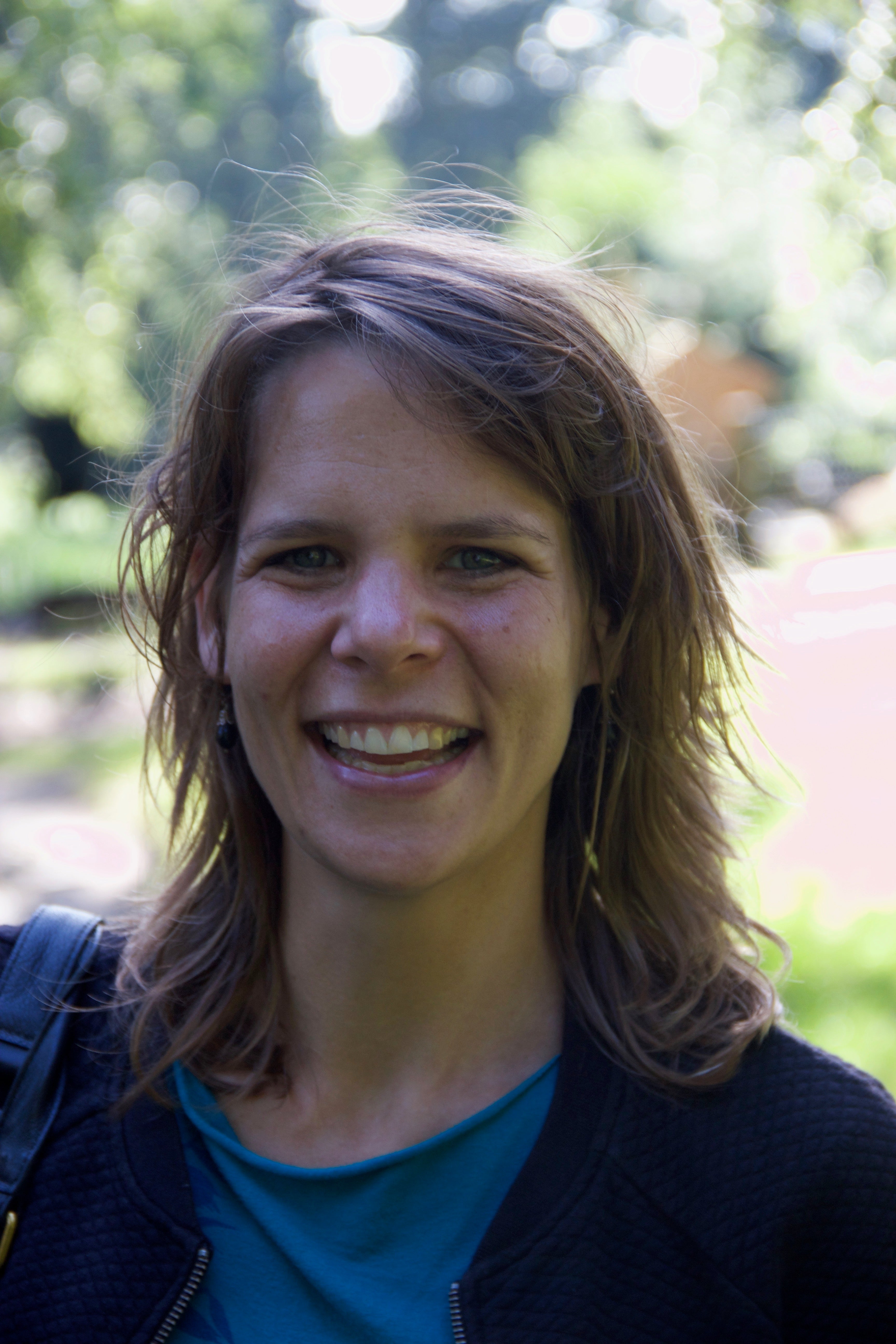Registration temporarily reopened!
Prof. dr. Femke van Horen
Femke van Horen is Professor of Consumer Behavior at the Marketing Department. She obtained her PhD at Tilburg University and worked as a Post Doctoral Researcher at the Social Cognition Lab of the University of Cologne, Germany. In 2013 she joined the Marketing Department at the Vrije Universiteit.
Her work has been published (among others) in Science Advances, Journal of Consumer Research, Journal of Marketing Research, Journal of Experimental Social Psychology, International Journal of Research in Marketing. She received the AMA Research in Practice Award 2019 for her Journal of Consumer Research paper. She is Associate Editor at International Journal of Research in Marketing (IJRM) and received the IJRM Outstanding Reviewer Award in 2023. Femke co-chaired the European Association of Consumer Research (EACR) Conference 2023 hosted in Amsterdam.

Course Description
Do people buy more on a website with calming or arousing colors, and may this be dependent on the type of product that is sold? Do people behave more or less sustainable when feeling uncertain due to, for instance, an economic crisis and why? These are the kind of questions that we investigate as experimental researchers.
In this course you will learn how to do experimental research. Contrary to a survey, an experiment enables a researcher to test a hypothesized causal relationship between an independent variable (e.g., uncertainty) and a dependent variable (e.g., sustainable behavior) by manipulating the independent variable (e.g., imagining an uncertain vs certain situation). In this course, we will dig deeper into the different phases of designing and conducting an experimental study. First, we will discuss how to come up with specific hypotheses, ready to be tested in an experimental context. Second, we discuss how to design and conduct an experiment in which you manipulate independent variable(s), measure dependent variable(s), and control for extraneous variable(s). Third, we discuss how to analyze the results from an experiment, with the appropriate statistical tools (SPSS). Finally, we discuss how to interpret the results of an experiment, eliminate alternative hypotheses, and design a set of follow-up studies. These discussions are set against the backdrop of actual examples from practice and, in combination with your assignment, from your own research ideas.
Please download the course manual here.
Study Characteristics
- Period 4 (February and March 2026).
- Intensive one-week course March 24 – March 27, 2026; Final presentation May 29, 2026
- Credits: 5 ECTS Tuition fee: €1250 (20% discount for early bird registration)
- Registration deadline: Extended registration until 1 March 2026
- Prerequisite knowledge: Prior knowledge of basic quantitative research methods required.
- Admission requirements: All participants are expected to be proficient in English
-
Course Description & Study Characteristics
Course Description
Do people buy more on a website with calming or arousing colors, and may this be dependent on the type of product that is sold? Do people behave more or less sustainable when feeling uncertain due to, for instance, an economic crisis and why? These are the kind of questions that we investigate as experimental researchers.
In this course you will learn how to do experimental research. Contrary to a survey, an experiment enables a researcher to test a hypothesized causal relationship between an independent variable (e.g., uncertainty) and a dependent variable (e.g., sustainable behavior) by manipulating the independent variable (e.g., imagining an uncertain vs certain situation). In this course, we will dig deeper into the different phases of designing and conducting an experimental study. First, we will discuss how to come up with specific hypotheses, ready to be tested in an experimental context. Second, we discuss how to design and conduct an experiment in which you manipulate independent variable(s), measure dependent variable(s), and control for extraneous variable(s). Third, we discuss how to analyze the results from an experiment, with the appropriate statistical tools (SPSS). Finally, we discuss how to interpret the results of an experiment, eliminate alternative hypotheses, and design a set of follow-up studies. These discussions are set against the backdrop of actual examples from practice and, in combination with your assignment, from your own research ideas.
Please download the course manual here.
Study Characteristics
- Period 4 (February and March 2026).
- Intensive one-week course March 24 – March 27, 2026; Final presentation May 29, 2026
- Credits: 5 ECTS Tuition fee: €1250 (20% discount for early bird registration)
- Registration deadline: Extended registration until 1 March 2026
- Prerequisite knowledge: Prior knowledge of basic quantitative research methods required.
- Admission requirements: All participants are expected to be proficient in English
Would you like to register or want to know more?
Please register with the Apply Now button at the top of this page. For more information please contact the course coordinator dr. Femke van Horen: